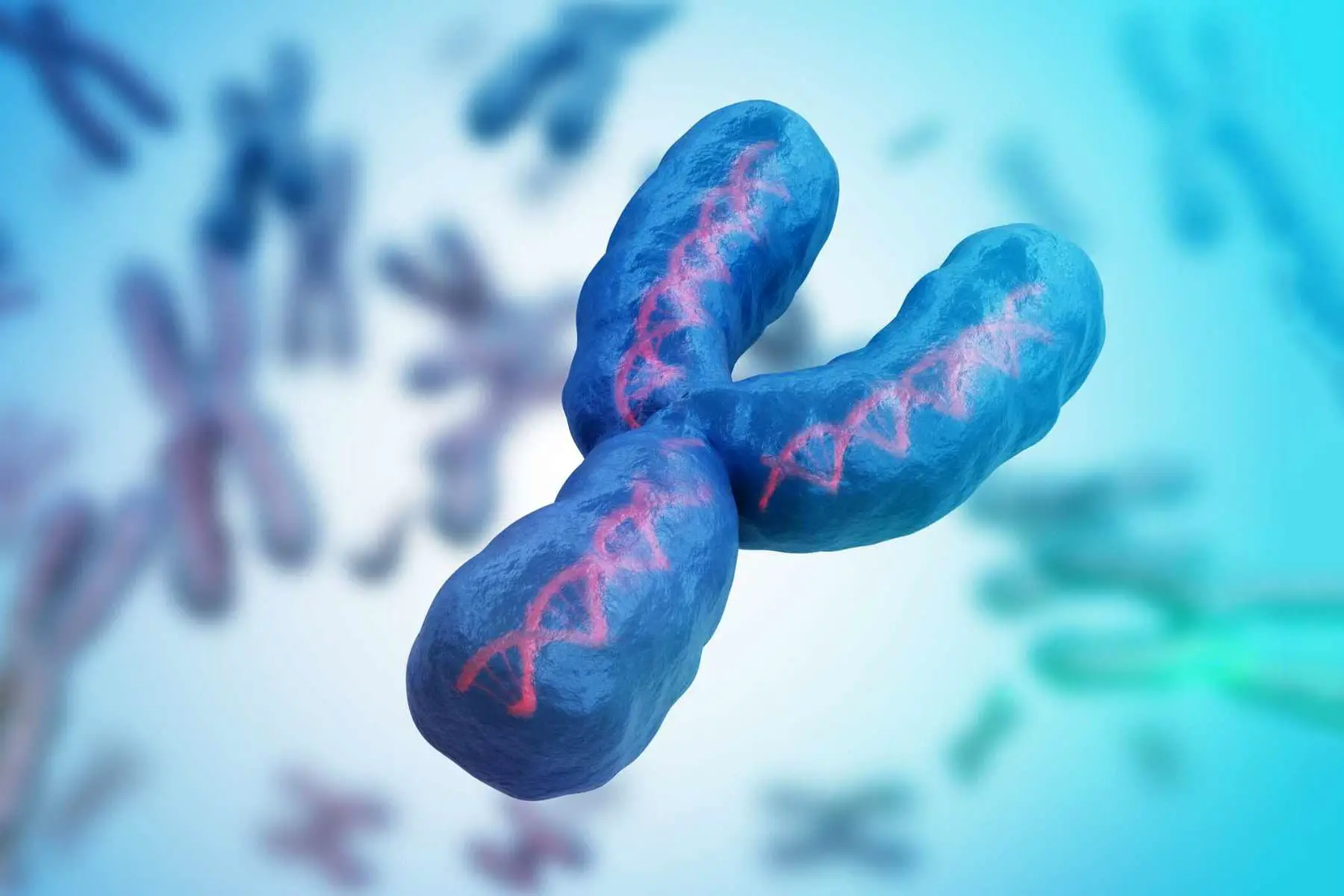The structure of the Y chromosome has remained a complex mystery for a long time. Scientists have been working diligently to decipher its intricate design. It is the smallest and fastest-evolving chromosome in the human genetic code. For years, revealing the sequence of this tiny Y chromosome has been a challenging task.

Since 2022, a team of 100 scientists embarked on a mission to unlock the secrets hidden within the Y chromosome. They have made significant progress in this endeavor. Their success is vital for understanding the genetic factors that influence male traits and characteristics.
Understanding the Y chromosome’s structure and genetic code is essential for advancing our knowledge of human genetics and biology. It opens up new possibilities for research into genetic diseases and conditions that affect males. Furthermore, it sheds light on the fundamental genetic differences between males and females.
Humans have 23 pairs, or 46, chromosomes in their bodies. This number remains the same for both males and females. However, there is a difference in the sex chromosomes that they carry. In the case of males, their bodies contain one X and one Y chromosome, while females have two X chromosomes.
In reality, whether a child will be a boy or a girl primarily depends on the father’s chromosomes. The Y chromosome plays a crucial role in determining the sex of the offspring. It carries genetic information that leads to the development of male characteristics. This Y chromosome is vital for protection against cancer and plays a significant role in reproductive functions.
The Y chromosome is the smallest of all chromosomes, but its importance cannot be understated. It contains the genetic instructions for male development, including the development of male genitalia, facial hair, and other characteristics that differentiate males from females.
One of the most intriguing aspects of the Y chromosome is its role in protecting against cancer. Researchers have discovered that certain genes on the Y chromosome are associated with a reduced risk of developing various types of cancer, including lung cancer and melanoma.
Additionally, the Y chromosome is crucial for reproductive functions. It carries genes that are involved in sperm production and fertility. Without a Y chromosome, males would not be able to produce sperm and, therefore, would be unable to father children.
The recent success of scientists in unveiling the Y chromosome’s mysteries is a significant milestone in genetics. Their ability to reveal the chromosome’s code, even in regions where it is more than 50 centimeters long, is a testament to human ingenuity and perseverance.
Leave a Reply